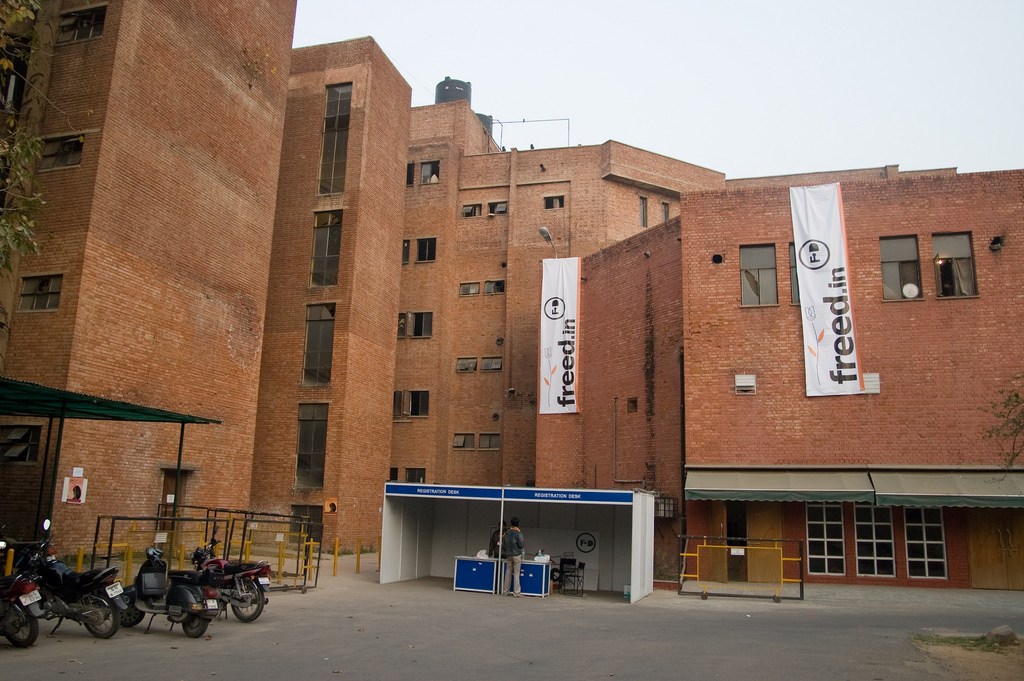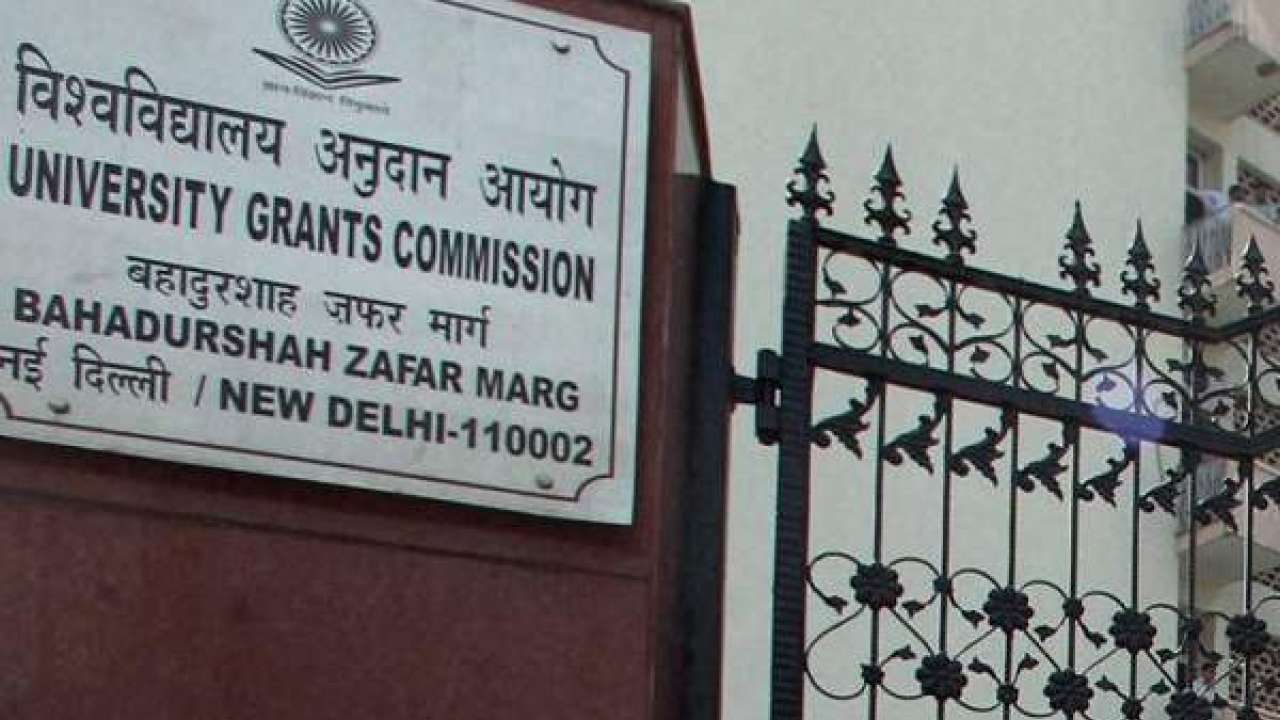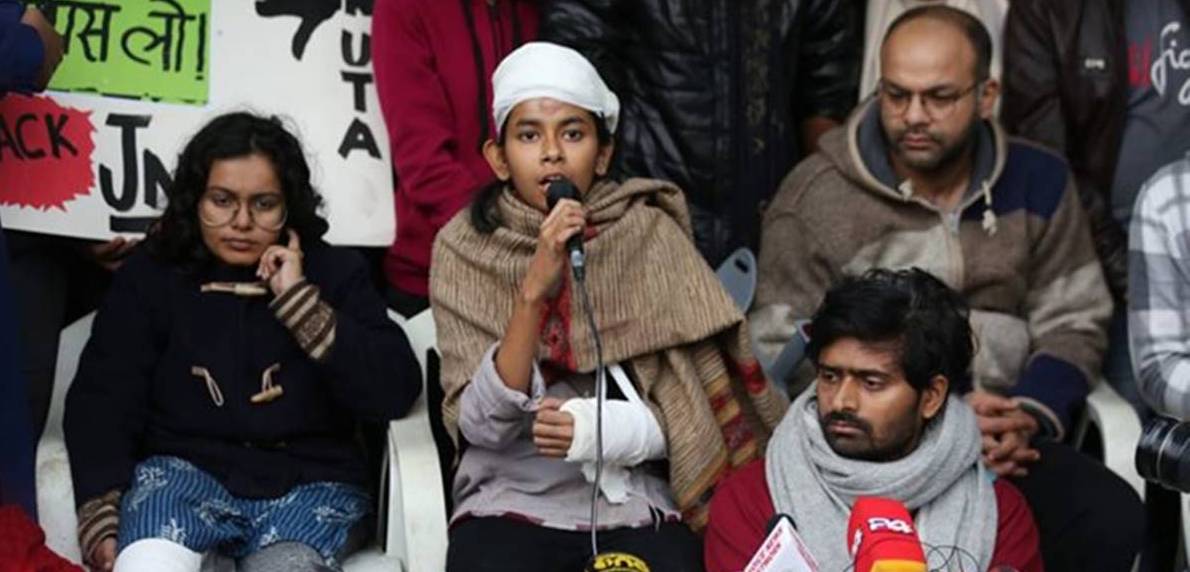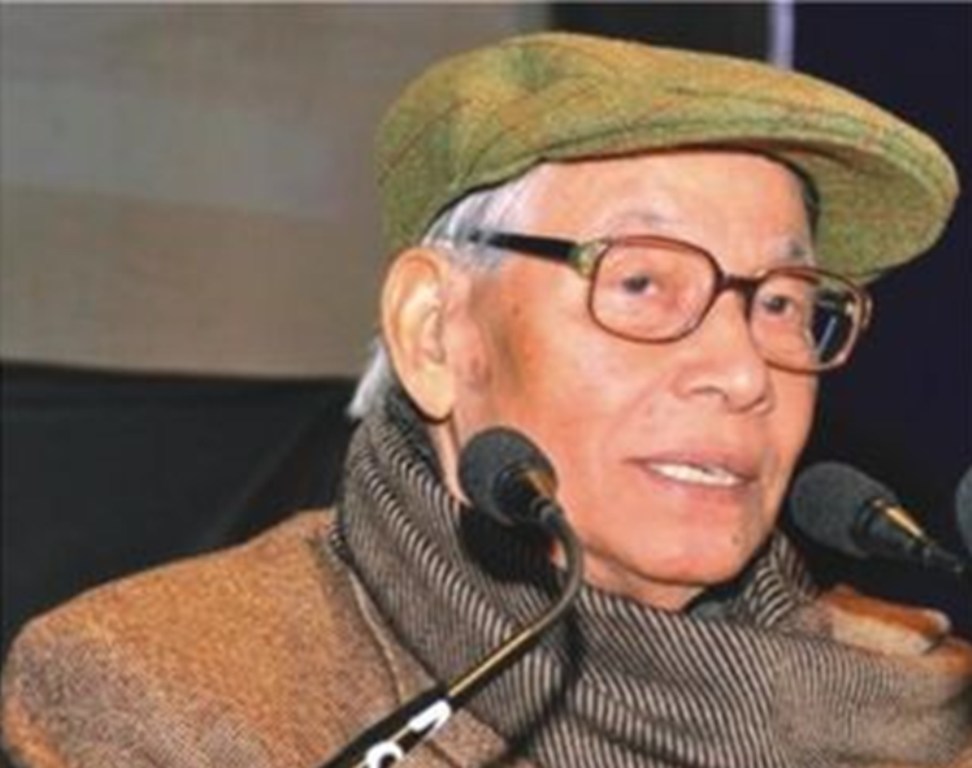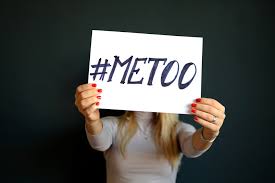A list on Facebook naming prominent academics and blaming them of sexual harassment is doing the rounds and creating much public outrage. Are lists of this kind really the way forward to gender just institutions or is this rhetoric repeated?
Manisha Jha is a NGO activist – based in Secunderabad.

A list has appeared on Facebook that has named academicians from South Asian Universities who have a tendency to sexual abuse female colleagues and students. The list has created much of public debate and has quite successfully divided the country’s feminists. The list which is doing the rounds on social media has been prepared by Raya Sarkar and has created a big uproar in academic circuits.
The list that Sarkar has put forward is prefaced with two sentences. The first among these names well know academicians such as Dipesh Chakrabarty and Kanak Sarkar. The second sentence tells the readers of the list to contribute names of other academics who they felt sexually harassed women or seemed sexually predatory to them. She also ensures that once she receives such names she would incorporate them into the existing list.
The list that she has compiled so far contains the names of 60 academics but does not provide the details of dates, places etc. She argues that the list that she has made is meant to create public awareness and secondly to also act as a guidance to young women about the academic community and cautions them to be weary of certain men in that community. The list carries the danger of dragging in some names which are inadequately made part of the list or added just based on false rumors or assumptions. This is further possible because it is neither verified nor is it supported by evidence. Sarkar has not validated her arguments by providing a methodology of compilation or adequate proof of research on the theme. What she said in defence of the list was that she has communicated with about 300 women who have shared their own experiences of sexual assault and have often named the same academic.
The list that Sarkar has compiled has come under criticism by well-known feminists in the country. They are recorded to have said in a statement that ““It worries us that anybody can be named anonymously, with lack of answerability,” the letter says. “Where there are genuine complaints, there are institutions and procedures, which we should utilize,” the letter says. “We too know the process is harsh and often tilted against the complainant. We remain committed to strengthening these processes.
At the same time, abiding by the principles of natural justice, we remain committed to due process, which is fair and just. This manner of naming can de-legitimize the long struggle against sexual harassment, and make our task as feminists more difficult. What is interesting to note here is that these public academics and feminists who have condemned the list are in turn now being condemned by many independent women across the country who feel that the allegiance of these women is something to be worried about.
They have asked how it was possible for these women to take sides of men who have been charged with sexual violence despite claiming to be feminists. Despite the many problems with the way that the debate is being projected in the media it has raised some important questions regarding elitism and class-ism that is often prevalent in academic left wing circuits. Had cab drivers, shopkeepers or travel agents been named in the list in question would the feminists have equal confidence in opposing it or at least allowing those who were blamed a chance to free trial? Would their orientation towards the list be the same if those named in the list where not the top academics?
Ayesha Kidwai a Professor of Linguistics at Jawaharlal Nehru University has public ally problematized the list as she sees it being based on assumption and not on sound evidence. She has written on Facebook that ““I want an independent authority, someone who will have authority independent of me, to authenticate and verify what I say, to take responsibility for my having spoken the truth and to give my complaint a redressal. That cannot be done on FB, as here we can all compile a list.”
Today the list compiled by Sarkar has indeed created uproar in the academic community and has inspired debate at many folds. What we must however keep in mind is their authenticity, their neutrality and their commitment to egalitarian gender spaces irrespective of class, caste or cultural capital of both the oppressed and the oppressors.
The New Leam has no external source of funding. For retaining its uniqueness, its high quality, its distinctive philosophy we wish to reduce the degree of dependence on corporate funding. We believe that if individuals like you come forward and SUPPORT THIS ENDEAVOR can make the magazine self-reliant in a very innovative way.

